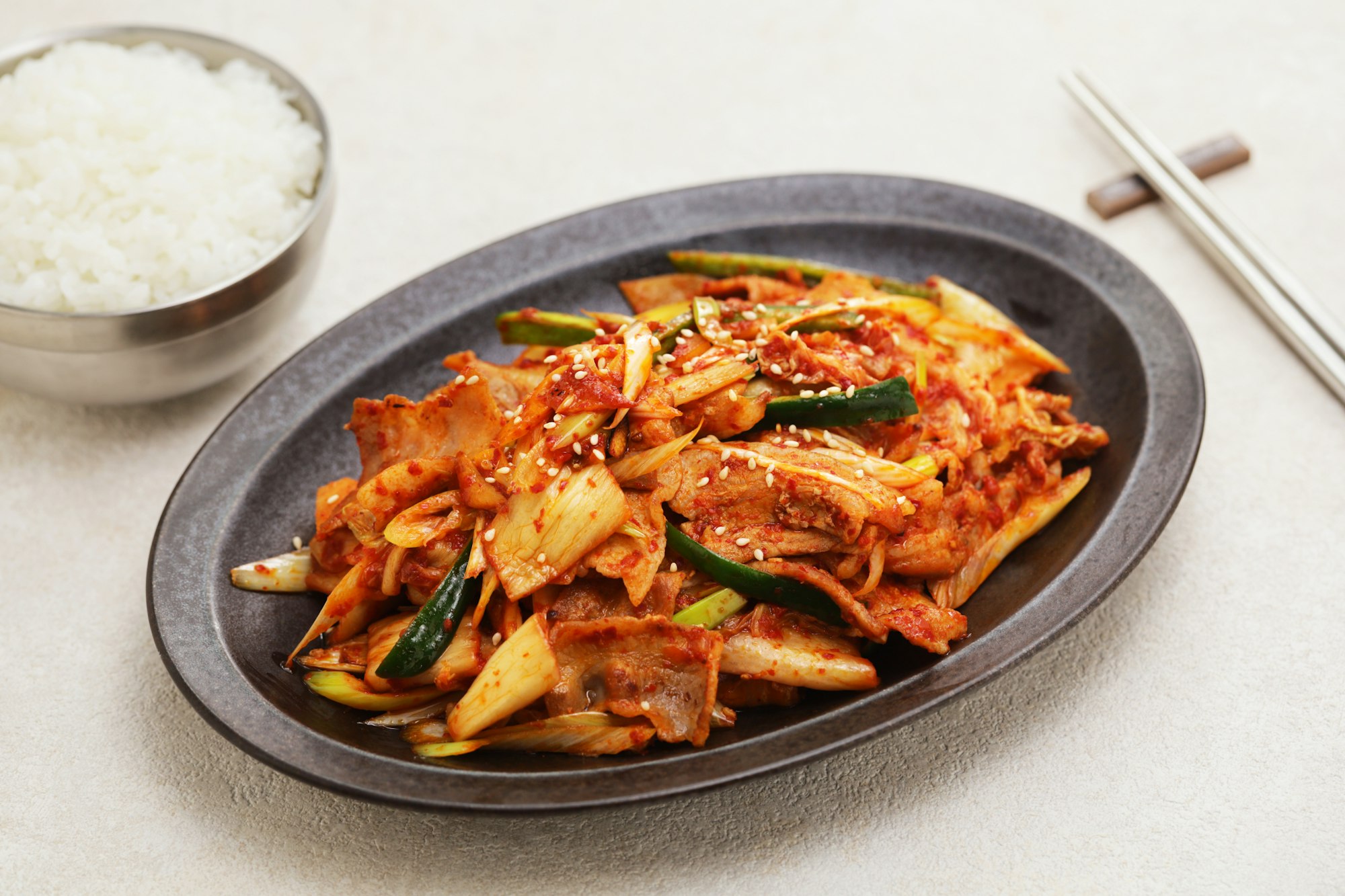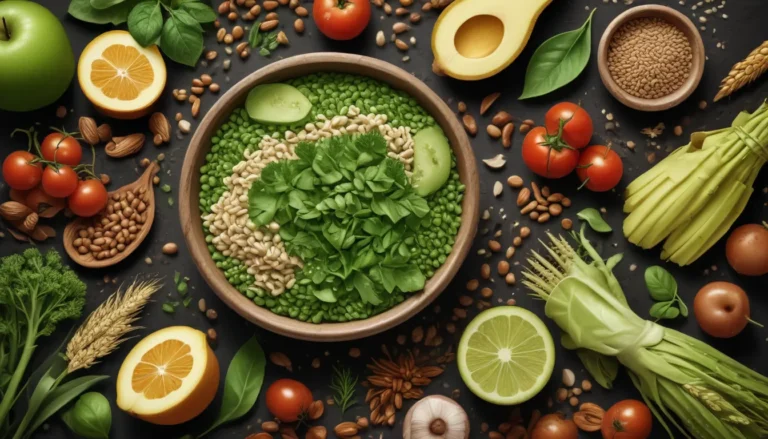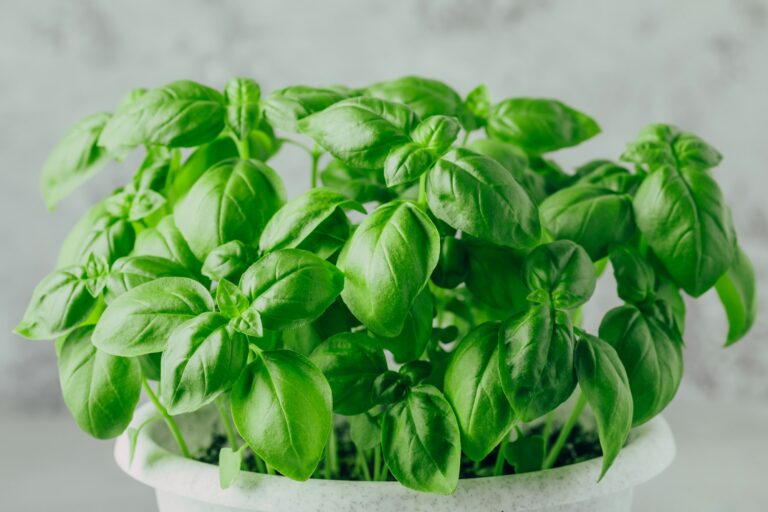The pictures in our articles might not always show exactly what the text is talking about. We use these images to make the article more interesting and eye-catching. They are there to add to the text, but not to replace it or show every detail.
Kimchi, the beloved Korean fermented vegetable dish, has been gaining popularity worldwide not just for its unique flavor but also for its impressive nutritional profile. In this comprehensive guide, we'll explore the kimchi nutrition facts and delve into why this traditional Korean staple deserves a place in your diet. From its probiotic benefits to its rich vitamin content, kimchi offers a wide array of health advantages that make it more than just a tasty side dish.
What is Kimchi?
Before we dive into the nutrition facts, let's briefly cover what kimchi is. Kimchi is a traditional Korean side dish made by fermenting vegetables, typically napa cabbage, with a variety of seasonings including garlic, ginger, and chili peppers. This fermentation process not only gives kimchi its distinctive tangy flavor but also enhances its nutritional value.
Kimchi Nutrition Facts
Let's break down the nutritional content of kimchi:

1. Low in Calories
Kimchi is remarkably low in calories, making it an excellent choice for those watching their calorie intake. On average, 100 grams of kimchi contains only about 32 calories.
2. High in Fiber
Kimchi is a good source of dietary fiber, which is essential for digestive health and can help you feel full for longer.
3. Rich in Vitamins
Kimchi is packed with vitamins, particularly:
- Vitamin A
- Vitamin C
- Vitamin K
- Several B vitamins, including B1, B2, and niacin
4. Mineral Content
Kimchi provides various minerals, including:
- Calcium
- Iron
- Phosphorus
5. Probiotic Powerhouse
The fermentation process creates beneficial bacteria, making kimchi an excellent source of probiotics.
6. Low in Fat
Kimchi is naturally low in fat, with most varieties containing less than 1 gram of fat per serving.
7. Protein Source
While not a significant protein source, kimchi does contain a small amount of protein, typically around 2 grams per 100 grams.
8. Antioxidant Properties
The vegetables and spices used in kimchi provide various antioxidants that can help combat oxidative stress in the body.
Health Benefits of Kimchi

Now that we've covered the basic nutrition facts, let's explore some of the potential health benefits associated with consuming kimchi:
9. Improved Digestive Health
The probiotics in kimchi can help maintain a healthy gut microbiome, potentially aiding digestion and reducing digestive discomfort.
10. Boosted Immune System
The vitamin C and probiotics in kimchi may help strengthen your immune system, potentially reducing the risk of infections.
11. Weight Management
Being low in calories and high in fiber, kimchi can be a valuable addition to a weight management diet.
12. Heart Health
Some studies suggest that regular consumption of kimchi may help lower cholesterol levels, potentially benefiting heart health.
13. Anti-Inflammatory Properties
The antioxidants in kimchi may help reduce inflammation in the body, which is linked to various chronic diseases.
14. Potential Cancer-Fighting Properties
Some research indicates that compounds found in kimchi may have anti-cancer properties, though more studies are needed to confirm this.
15. Skin Health
The vitamin C and antioxidants in kimchi may contribute to healthier skin by combating free radicals.
Incorporating Kimchi into Your Diet
With its rich nutritional profile and potential health benefits, you might be wondering how to incorporate more kimchi into your diet. Here are some suggestions:
- As a side dish: Enjoy kimchi as a traditional side dish with your meals.
- In sandwiches or wraps: Add a spoonful of kimchi for a flavorful kick.
- In stir-fries: Mix kimchi into your stir-fries for added flavor and nutrition.
- With eggs: Try kimchi with scrambled eggs or in an omelet.
- In soups or stews: Add kimchi to your soups for a tangy flavor boost.
Potential Considerations
While kimchi offers numerous health benefits, there are a few considerations to keep in mind:
16. Sodium Content
Due to the fermentation process, kimchi can be high in sodium. If you're watching your salt intake, consume kimchi in moderation.
17. Histamine Sensitivity
As a fermented food, kimchi is high in histamines, which some people may be sensitive to.
18. Interaction with Certain Medications
The high vitamin K content in kimchi may interact with blood-thinning medications. If you're on such medications, consult your doctor about kimchi consumption.
Making Your Own Kimchi
For those interested in maximizing the nutritional benefits of kimchi, consider making your own at home. This allows you to control the ingredients and fermentation process, potentially enhancing its nutritional value. Here's a basic recipe:
Conclusion
Kimchi is more than just a flavorful side dish; it's a nutritional powerhouse that offers a wide range of potential health benefits. From its probiotic content to its rich vitamin profile, kimchi can be a valuable addition to a balanced diet. Whether you're looking to improve your digestive health, boost your immune system, or simply add more variety to your meals, kimchi is worth considering.
Remember, while kimchi offers numerous health benefits, it's important to consume it as part of a balanced diet. If you have any specific health concerns or are on medication, it's always best to consult with a healthcare professional before making significant changes to your diet.
So why not give kimchi a try? Your taste buds – and your body – might thank you for it!






